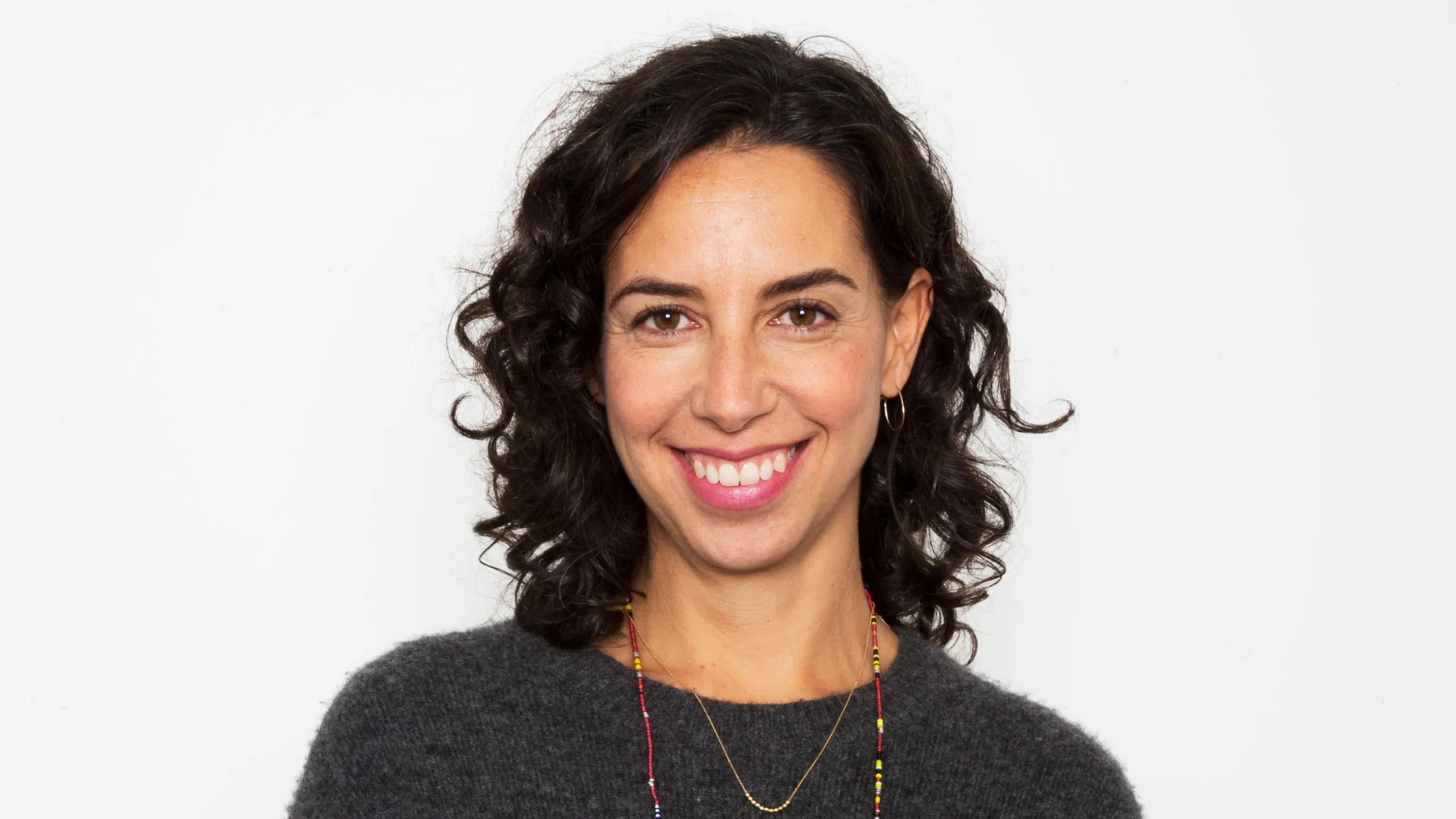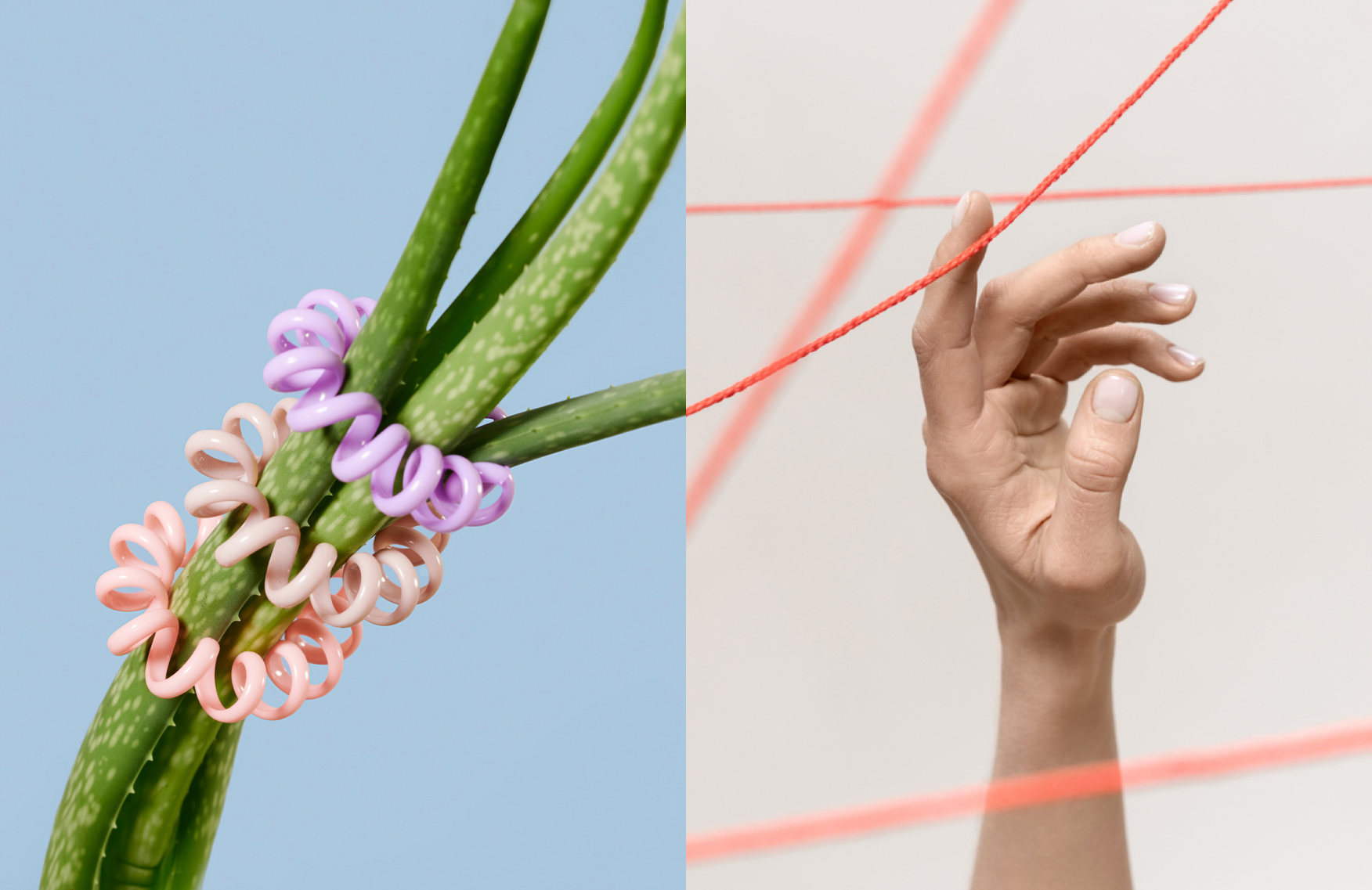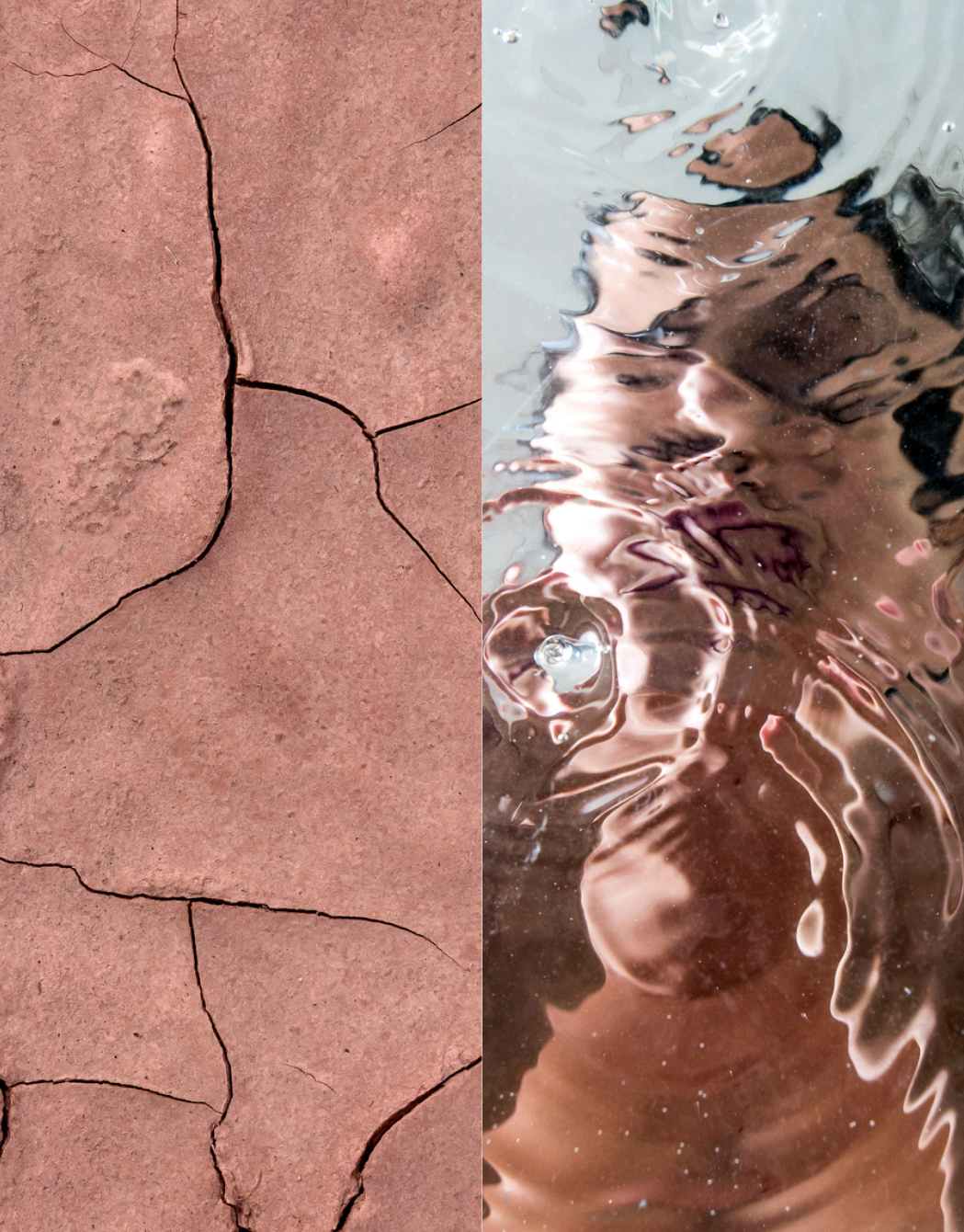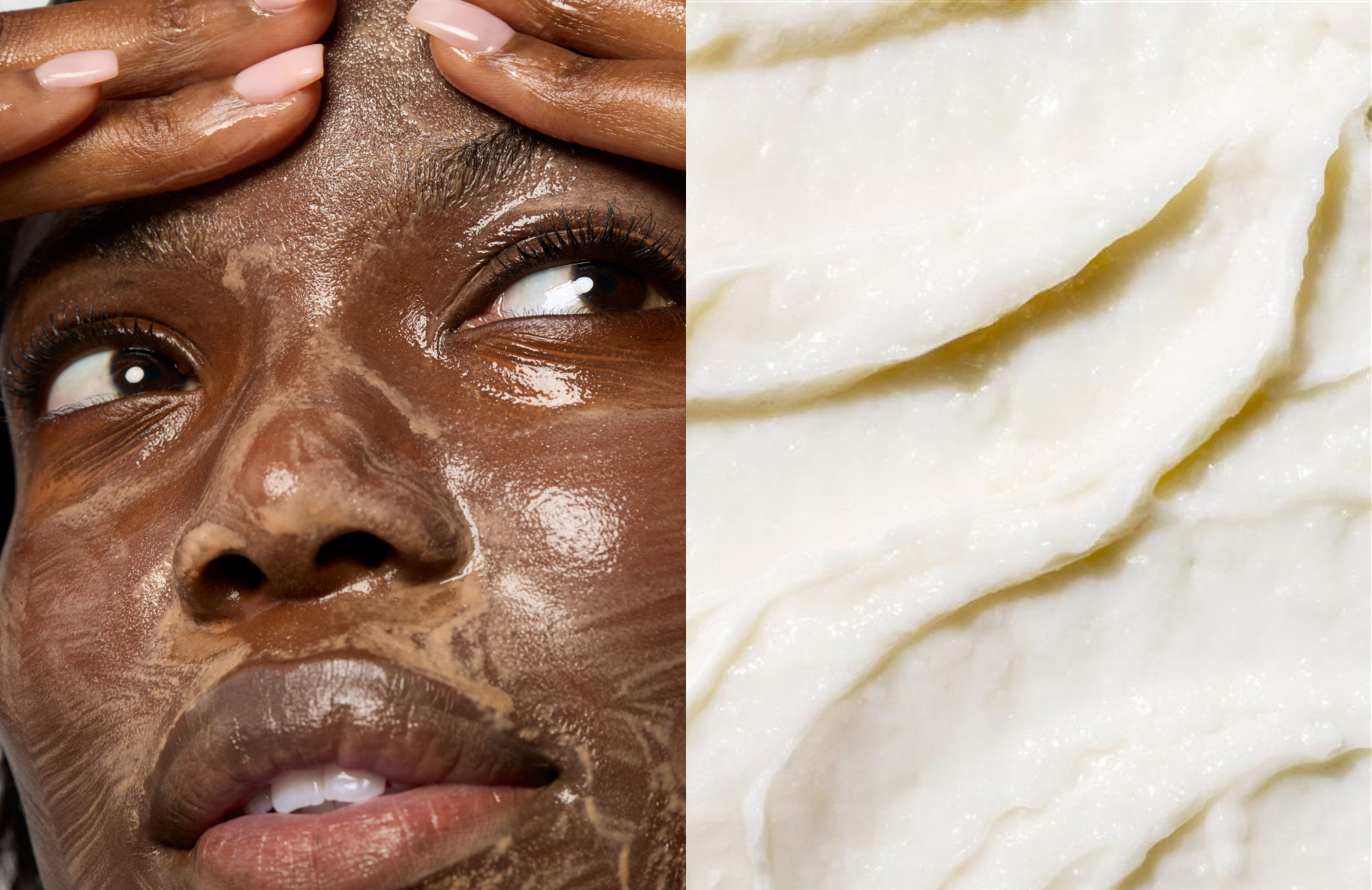Hot take: Clean eating and clean beauty are both manufactured ‘wellness’ schemes with pitfalls and precautions to be wary of—do you agree?
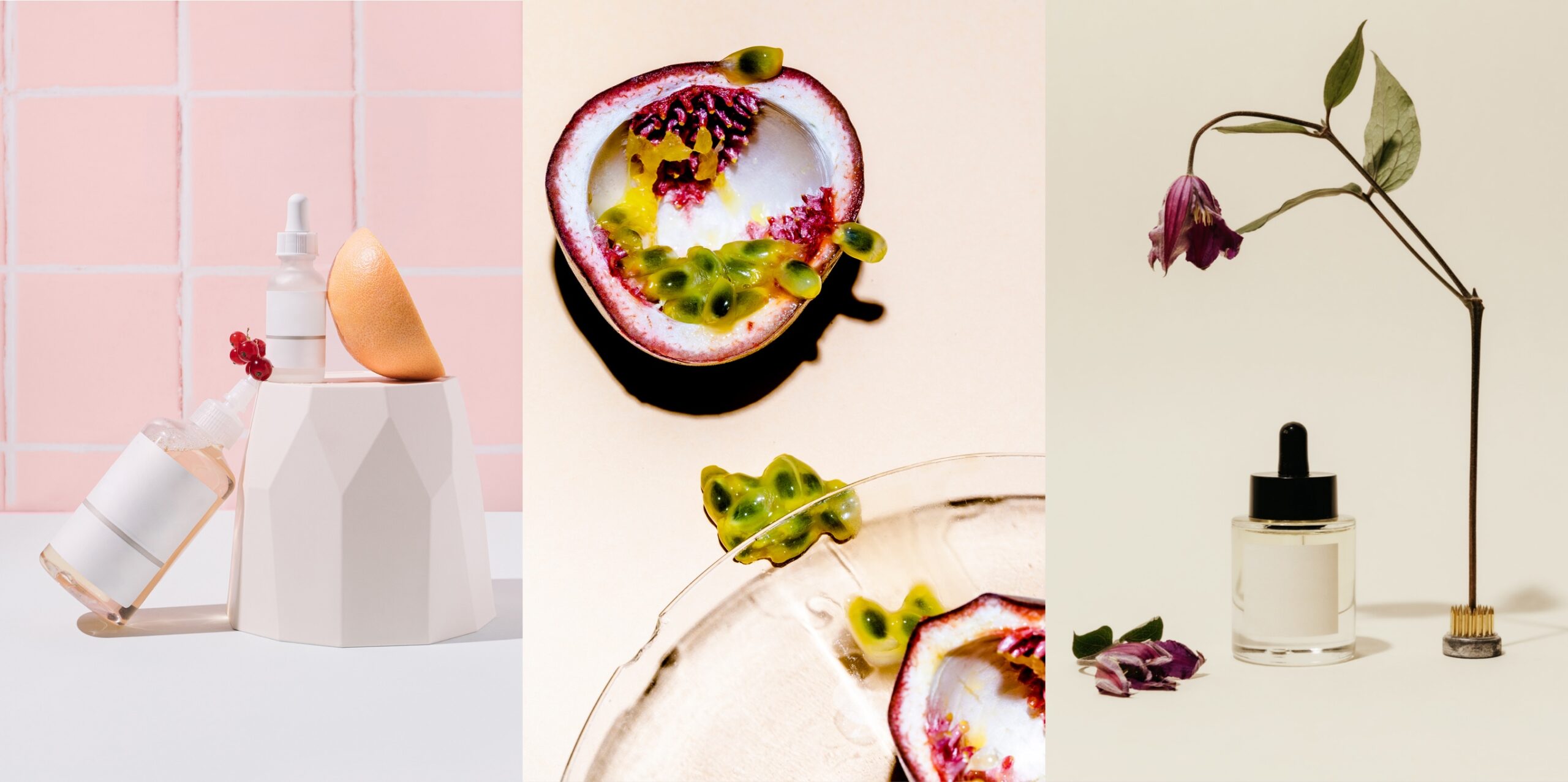
There’s a chapter in my book “That Sounds So Good” titled “Burning Clean,” about when my husband and I were younger and would spend the weekends staying out late, drinking and eating whatever we wanted. Every Monday we’d wake up feeling awful and spend a few days “burning clean,” which meant hitting a reset button on our lifestyle by eating vegan and not drinking alcohol.
In hindsight, I regret titling the chapter that because I now see the clean/dirty dichotomy as problematic. Instead of going crazy on the weekends with “dirty” habits, then needing a reset by eating “clean,” it should be about finding an overall balance.
Then when I got interested in beauty and skincare, I started realizing that the concept of ‘”clean eating” is almost just like “clean beauty”—with social media full of people telling us we need to follow it. But what does it actually mean? And when you realize there’s no standard definition of either, you start to wonder: Why?
Parallels
Clean eating and clean beauty both fall under the same umbrella of “wellness,” but both terms are nebulous, from what I’ve seen. Lifestyle influencers who say they eat “clean” often mean plant-based, which is just a halo term for vegetarian food. When people say they’re eating clean, there’s often varying definitions of what that means. To some it means vegetarian, but to others it means simply super healthy.
Similarly, I’ve learned that there aren’t any regulated guidelines to define “clean beauty”—any brand can make up their own definition. Without these regulations in place, it can all come down to marketing gimmicks and the consumer’s interpretation.
Fearmongering is another throughline between the two. When you say, “clean eating” or “clean beauty,” it implies that there’s dirty eating and dirty beauty. In both food and beauty, certain ingredients are often demonized for no reason. For example, with food, beef is not inherently a bad ingredient. However, if you’re eating beef in massive quantities as your only protein, that might not be great for your health.
Same with skincare—calling out certain ingredients, like preservatives, as “bad” can be a red flag since most products need preservatives to stay stable. I follow a lot of skinfluencers, like Charlotte Palermino, who debunk the “clean beauty” narrative, which has been so fascinating because it’s very similar to “clean eating.” Through them, I’ve also learned that there are strict certifications and rules about what you can put in cosmetics, so the idea that using something not labeled “clean” is exposing your body to dangerous levels of chemicals is false, since everything is rigorously tested by the FDA before it hits shelves.
Pitfalls
Only buying “health food” and “clean beauty” without a clear definition is not only more expensive, but can also be misguided. For example, a beauty product can be labeled organic, but formulated with loads of organic fragrances.
Similarly, sometimes food that’s labeled organic isn’t always the best choice. Milk, for example, that’s labeled organic at Whole Foods isn’t necessarily better than the non-organic, local milk you can find at your farmer’s market. Just because there’s an organic certification on something does automatically not mean it’s better for you.
Precautions
The bottom line? Be aware of fearmongering—when it comes to food and beauty. Watch out for black and white messaging surrounding both because there’s a huge grey area here. We have an irrational fear of food in this country with the prevalence of diet culture. We’re instilling from an early age that certain foods are to be avoided or eaten in abundance, which sets people up for an unhealthy relationship with something you literally need to survive.
Instead, we should be learning that food is not just sustenance, but a source of pleasure, enjoyment and connection—so why demonize it? And as for skincare, don’t let certain brands or influencers stop you from using your favorite moisturizer that makes you feel your best because they’ve deemed it “dirty.” Life is short. Eat the butter. Buy the serum you love. You deserve it.
The views expressed in this article do not necessarily represent the views of Murad, and are for informational purposes only, even if the advice of physicians and medical practitioners are included. This article is not a substitute for professional medical advice, diagnosis or treatment, and should not be considered specific medical advice.
